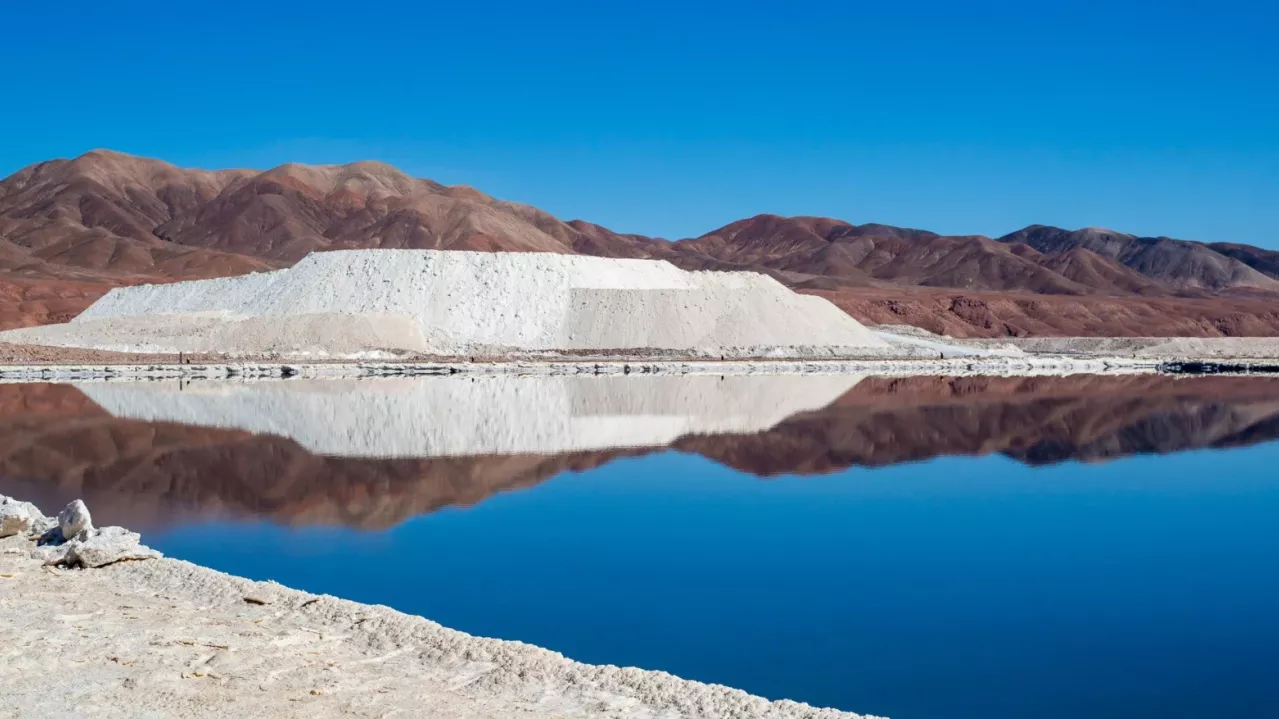In three months, the American company paid the Chilean Treasury US$ 376 million, half of what it contributed in all of 2022. Measured per ton of lithium carbonate, between January and March 2023 Albemarle paid even more than SQM. Corfo explains the rise in that amount, six times more than in the same period of 2022, by "a significant increase in its average sales prices."
Last year, the balance was far in favor of SQM. According to Corfo, the Chilean company paid a total of US$ 3,069 million to the state agency for the lease of its assets in the Atacama salt flat, from where it extracts lithium and has a contract until 2030. Albemarle, according to Corfo, paid US$ 777 million in that same year. Thus, the amount paid by Albemarle was 25% of what SQM reported to the state agency. But production was, proportionally, even more different: SQM declared sales of 158 thousand tons of lithium carbonate last year, while Albemarle reached 53 thousand tons. 33%. This disproportion between sales and royalty payments was explained at the time by Albemarle and Corfo with the same argument: the rental fee is set based on sales prices and not production. "The proportionality of the rents paid to Corfo depends on the sale of products and not production, therefore, it is relevant to indicate that this proportionality is a factor that depends exclusively on the average prices at which companies sell their products to their final customers," Corfo explains to Pulso.
But the equation was reversed this year, in favor of the American company, according to the figures officially entered by Corfo. Albemarle continues to produce the equivalent of a third of what SQM sells, which has more hectares in operation than its competitor in the largest lithium brine deposit in the world. The American company sold 12,800 tons between January and March 2023, versus SQM's 37,400. 34%. But now it paid Corfo more than half of what SQM paid: US$ 376 million from Albemarle, versus SQM's US$ 670 million (see infographic). In total, 56%. With simple arithmetic, while Albemarle paid Corfo almost US$ 30 thousand for each ton sold, SQM gave the Treasury US$ 18 thousand. According to the 2018 contract renegotiation, both companies pay a scale of contributions that rises to a marginal rate that exceeds 40% when the price of the ton exceeds US$ 10 thousand.
What changed from one year to the next? The prices at which Albemarle sells improved. This is how Corfo explains it, consulted about this difference, to Pulso. "During the first quarter of 2023, Albemarle's commission payments increased 6 times compared to the same period in 2022. This increase is mainly explained by a significant increase in its average sales prices in the period, unlike its average prices in the previous period."
The American company responded the same: "Albemarle has developed long-term strategic alliances with the main companies in the electric vehicle supply chain. We have successfully moved from fixed prices to index-based pricing, so, as we announced last year, our prices increased significantly, generating greater income for the country."
Thus, what was a problem last year is now an attribute: for Albemarle, contracts at static values began to expire and it has been renewing them at variable prices. The company admitted it last December: "Our prices are increasing substantially, but with a delay compared to the spot market," said Ignacio Mehech, VP of corporate affairs and country manager of Albemarle.
"This price depends on the way each company markets its products: A large part of SQM's volumes are spot sales while Albemarle's are through contracts," explains Corfo. But that is also changing. And SQM is taking its production to long-term contracts, but at market prices. Battery and electric car manufacturers want to ensure an essential supply for the future. And SQM and Albemarle are in the middle of the race.

